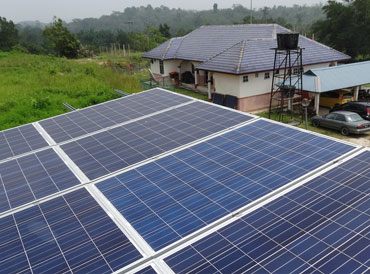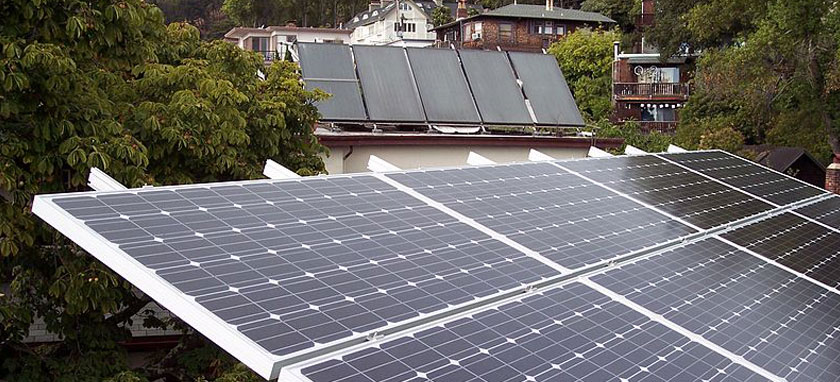Solar energy systems require periodic inspections and routine maintenance to keep them operating efficiently. Also, from time to time, components may need repair or replacement. You should also take steps to prevent scaling, corrosion, and freezing. You might be able to handle some of the inspections and maintenance tasks on your own, but others may require a qualified technician.
If your system uses water as the heat-transfer fluid, scaling can occur in the collector, distribution piping, and heat exchanger. In systems that use other types of heat-transfer fluids (such as glycol, an anti-freeze), scaling can occur on the surface of the heat exchanger that transfers heat from the solar collector to the domestic water.
Benefit of Service
The heat-transfer fluid in some solar energy systems sometimes provides the bridge over which this exchange of electrons occurs.
Antifreeze fluids degrade over time and normally should be changed every 3–5 years.
A "wrap-around" external heat exchanger is an alternative to a heat exchanger located inside a storage tank




